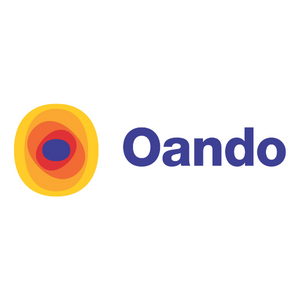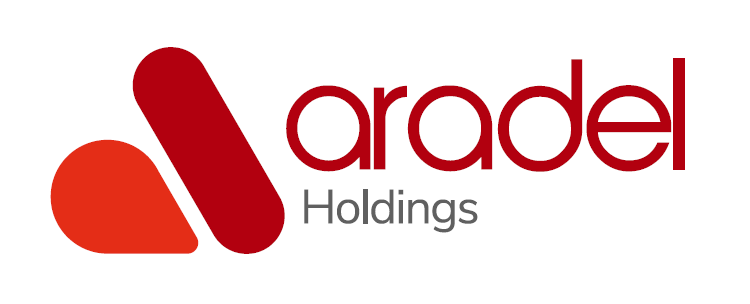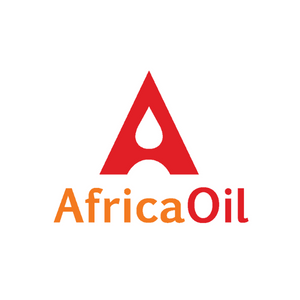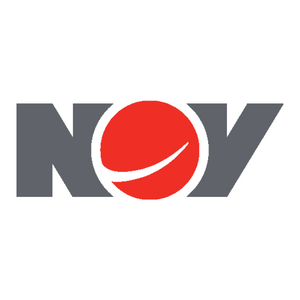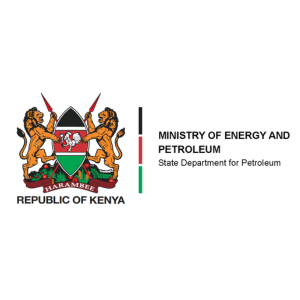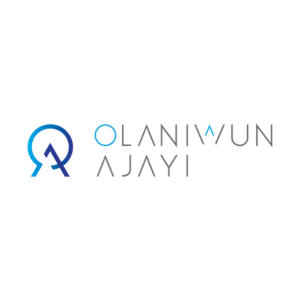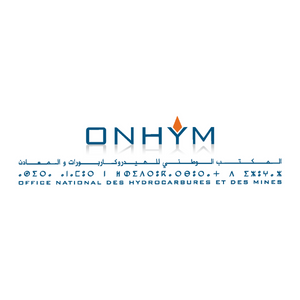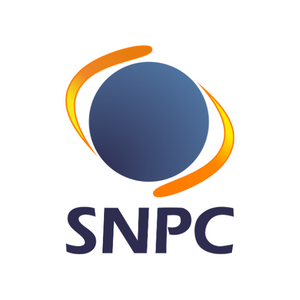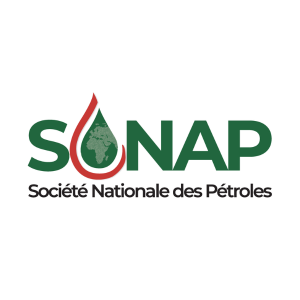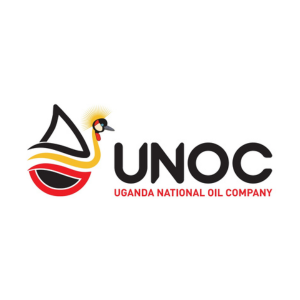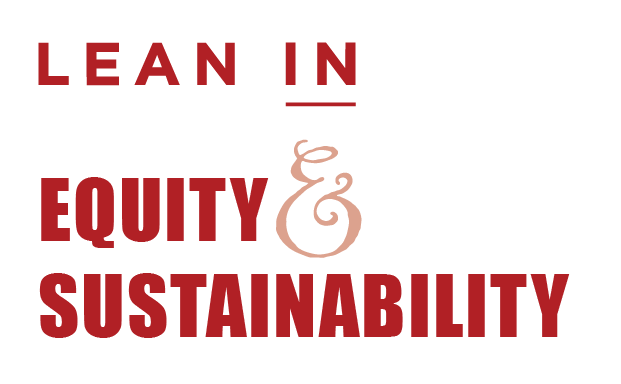This opinion piece is brought to you by our Africa Oil Week Scholar and Student Ambassador, Sibongiseni ‘Sibobo’ Nyathi.
The coronavirus outbreak has taken, changed and destroyed some of the lives of our fellow South Africans. It has badly affected our economy, including many major industries and business sectors which are of global importance.
The coronavirus has surely threatened the lives of many South Africans. There is not enough medical assistance, doctors are dying, and people are panic buying, which leads to the difference between rich and poor, suburbs and townships. With the national lockdown being implemented just few weeks ago, and as a township resident myself, such differences do not go unnoticed. Township life appears to be continuing as normal, with many people walking up and down the streets, often with no practice of social distancing and little patrolling of police officers. We are a completely economically different county (third world and first world in one; call it Gini coefficient). As such, as a country, are struggling to deal with this pandemic and the manner in which the South African police force (SAPS) and army (SANDF) appear to be dealing with this national disaster, has been criticized.
Our educational system too, has been affected by the virus. Educational programs are provided by the Department of Education via TV programs and online. This begs the question: What about those students with no internet access, no access to television, no laptops? What about those staying in a single roomed shack, or child-headed homes and those living with abusive parents? All of this without even mentioning the sudden newfound economic hardship affecting those who have lost the single salary on which their family relies.
The coronavirus has shown, more than anything, the importance of governance. This virus has outlined and clearly displayed what it is our government focusses on and invests in. We were not ready for this pandemic.
As the Africa Oil Week student ambassador, it is my dream to change what we’ve got and make it into something better. There is a saying ‘ Good better best and I wont rest till my good is better and my better best’, and as part of the youth, I call upon all the young innovators, the game changers, the leaders and the creators to use this outbreak as a stepping stone to create, innovate and lead our South African economy to what it should and what we dream it to be.
With the President of South Africa announcing the easing of lockdown regulations, some underlying concerns remain, not only for me but also for the many South Africans who are worried about the huge number of COVID-19 cases that are still to be discovered. After all, we are dealing with an invisible enemy. The number of COVID-19 cases in the townships are still rising, as lockdown regulations are not being followed accordingly by many township residents who cannot afford to stay indoors.
So, do I, as a regular township boy, a maritime student and the Africa Oil Week student ambassador think that easing lockdown regulations in South Africa will work? Not yet, no, because we as South Africa were not ready for this pandemic. No because there are still more individuals out there, who are living with this virus but do not know their status.
It is a difficult balance to strike, as the country’s economy will be in grave danger if some sectors remain closed for a long period of time. People need to go to work and to provide for the families during this difficult time, but that should be it. Overall, I remain cautiously optimistic for the future. Life after COVID-19 will surely change for the better for South Africa, once we have a vaccine, and have learned the valuable lessons taught to us by the crisis.
The coronavirus has surely threatened the lives of many South Africans. There is not enough medical assistance, doctors are dying, and people are panic buying, which leads to the difference between rich and poor, suburbs and townships. With the national lockdown being implemented just few weeks ago, and as a township resident myself, such differences do not go unnoticed. Township life appears to be continuing as normal, with many people walking up and down the streets, often with no practice of social distancing and little patrolling of police officers. We are a completely economically different county (third world and first world in one; call it Gini coefficient). As such, as a country, are struggling to deal with this pandemic and the manner in which the South African police force (SAPS) and army (SANDF) appear to be dealing with this national disaster, has been criticized.
Our educational system too, has been affected by the virus. Educational programs are provided by the Department of Education via TV programs and online. This begs the question: What about those students with no internet access, no access to television, no laptops? What about those staying in a single roomed shack, or child-headed homes and those living with abusive parents? All of this without even mentioning the sudden newfound economic hardship affecting those who have lost the single salary on which their family relies.
The coronavirus has shown, more than anything, the importance of governance. This virus has outlined and clearly displayed what it is our government focusses on and invests in. We were not ready for this pandemic.
As the Africa Oil Week student ambassador, it is my dream to change what we’ve got and make it into something better. There is a saying ‘ Good better best and I wont rest till my good is better and my better best’, and as part of the youth, I call upon all the young innovators, the game changers, the leaders and the creators to use this outbreak as a stepping stone to create, innovate and lead our South African economy to what it should and what we dream it to be.
With the President of South Africa announcing the easing of lockdown regulations, some underlying concerns remain, not only for me but also for the many South Africans who are worried about the huge number of COVID-19 cases that are still to be discovered. After all, we are dealing with an invisible enemy. The number of COVID-19 cases in the townships are still rising, as lockdown regulations are not being followed accordingly by many township residents who cannot afford to stay indoors.
So, do I, as a regular township boy, a maritime student and the Africa Oil Week student ambassador think that easing lockdown regulations in South Africa will work? Not yet, no, because we as South Africa were not ready for this pandemic. No because there are still more individuals out there, who are living with this virus but do not know their status.
It is a difficult balance to strike, as the country’s economy will be in grave danger if some sectors remain closed for a long period of time. People need to go to work and to provide for the families during this difficult time, but that should be it. Overall, I remain cautiously optimistic for the future. Life after COVID-19 will surely change for the better for South Africa, once we have a vaccine, and have learned the valuable lessons taught to us by the crisis.
| About the Author Africa Oil Week Student Ambassador Sibongiseni ‘Sibobo’ Nyathi is 17 years old. He is currently a boarder at the STS Lawhill Maritime Centre, in Simon’s Town. Sibobo is now an executive of the RCL (Representative Counsel of Learners) for Simon’s Town School and part of the Lawhill Rowing Club. He has a strong interest in the media. Sibobo’s immediate family includes his sister and his mother, who is an English teacher at Masibabane Secondary High School in Kraaifontein, Cape Town. It was Sibobo’s mother who first encouraged him to enrol at the STS Lawhill Maritime Centre. Sibobo also credits her with teaching him his motto - “there is no such thing as I can’t”. |
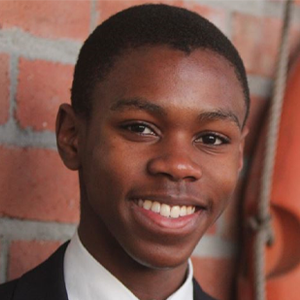 |



